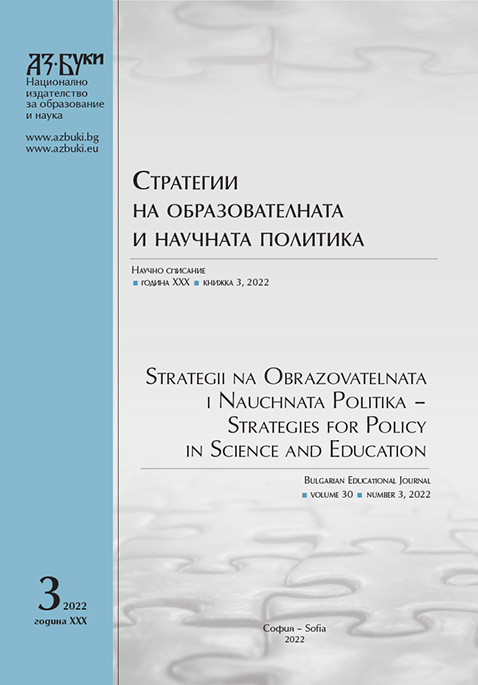Взаимоотношения между очакванията за треньорска ефективност, емоционална интелигентност и лидерски стилове при треньори по футбол в България
Correlation between Coaching Efficacy, Emotional Intelligence and Leadership Style among Bulgarian Football Coaches
Author(s): Tatiana Iancheva, Gancho ProdanovSubject(s): Social Sciences, Education, Sociology, Higher Education , History of Education, Social development, Sociology of the arts, business, education, Sports Studies, Globalization, Sociology of Education
Published by: Национално издателство за образование и наука „Аз-буки“
Keywords: coaching efficacy; emotional intelligence; leadership style; coaching behavior; football coaches
Summary/Abstract: Coaches’ confidence in their own skills, their awareness of their emotions and the ability to control them, as well as their choice of behavior, according to a number of authors, influence their realization and the achieved sports results. The aim of this study is to reveal the relationships among Coaching Efficacy, Emotional Intelligence and Leadership Style of Bulgarian football coaches. The research was done not directly among 172 football coaches between 20and 56 years, with different level of qualifications (license), age group of the competitors, coaching experience, and experience as football players. In order to achieve the aim, we used: 1) Coaching Efficacy Scale (CES), (Feltz et al. 1999); 2) Emotional Intelligence Scale (EIS), (Schutte et al. 1998); 3) Revised Leadership Scale for Sport (RLSS), (Zhang et al. 1997). The results reveal significant correlation interdependencies between the subscales of Coaching efficacy, Emotional Intelligence and part of the subscales of Leadership style, as well as between the subscales of Emotional intelligence and Leadership style. In this sense, our results confirm the data in the literature. There are significant differences among the coaches along all of the researched indexes. The results from the regression analysis reveal that Emotional intelligence serves as a predictor of Coaching efficacy and Leadership style. Coaching efficacy does not directly influence the subscales of Leadership style, which is different from the published data in the literature.
Journal: Стратегии на образователната и научната политика
- Issue Year: 30/2022
- Issue No: 3
- Page Range: 285-302
- Page Count: 18
- Language: Bulgarian
- Content File-PDF

